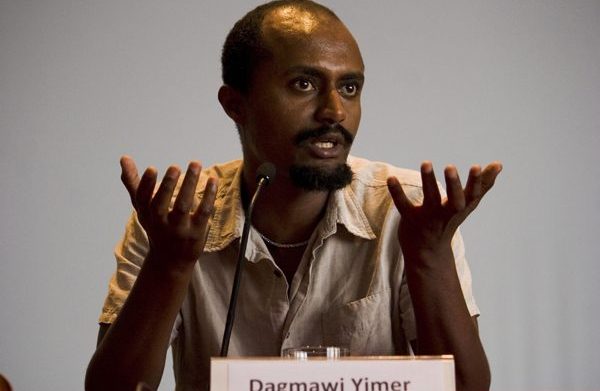Screening Migration in Rome
In May, students from Loyola Marymount University (LMU) arrived in Italy for the school’s annual Summer in Rome program, which included the option to enroll in Italian courses with Accent faculty and two upper-level LMU courses taught by the accompanying faculty. One of these courses, Comparative Cultures: Screening Contemporary Migration to Europe, could not have been more timely.
The course with Aine O’Healy, Professor of Italian and Director of the Humanities Program at LMU, offered an interdisciplinary approach to the study of cultures, cultural identities, and diversities through literary analysis and film studies. The course focused, in part, on representations of contemporary immigration to Italy from the global south. O’Healy incorporated diverse local perspectives, including meetings with filmmaker and professor Erika Tasini, researcher Lorenzo Rinelli, and documentary filmmaker Dagmawi Yimer.
The group first met Tasini, director of the forthcoming film, Lost and Found. The film will explore the current refugee crisis through stories of objects found along migration routes to Europe, particularly in border areas between Serbia and Hungary. As the work was still in production, Tasini showed stills and short clips from the film and focused her presentation on the research process and ethical considerations in tackling such a sensitive subject.
Rinelli, whose research interests include urban border studies, migration theory, and globalization, led an on-site lecture through Rome, unveiling sites and symbols that represent Italy’s colonial past, a period of history only reluctantly, if ever, acknowledged. These sites, often deteriorated and left in abandon, sparked important reflection on the relationship between Italy (and Europe’s) colonial past, left in the shadows of history, and the contemporary migration policy and crisis.
Finally, the group met with filmmaker Dagmawi Yimer, whose documentary, Come un uomo sulla terra, was nominated for the David di Donatello Award for Best Documentary in 2009. The film was a key text for the course and features the voices of Ethiopian refugees living in Rome, recounting their personal stories and highlighting the role of Libya in controlling the flow of African immigrants attempting the journey to Europe.
Himself a political refugee from Ethiopia, Yimer’s dramatic personal migration story forms the central narrative of Come un uomo sulla terra. He left Kirkos, Addis Ababa in 2005, ultimately arriving to the Italian island of Lampedusa. It is estimated that more than 400,000 people have crossed the Mediterranean to Lampedusa in the past twenty years. In 2016 alone, more than 4,500 people died at sea while attempting the journey.
